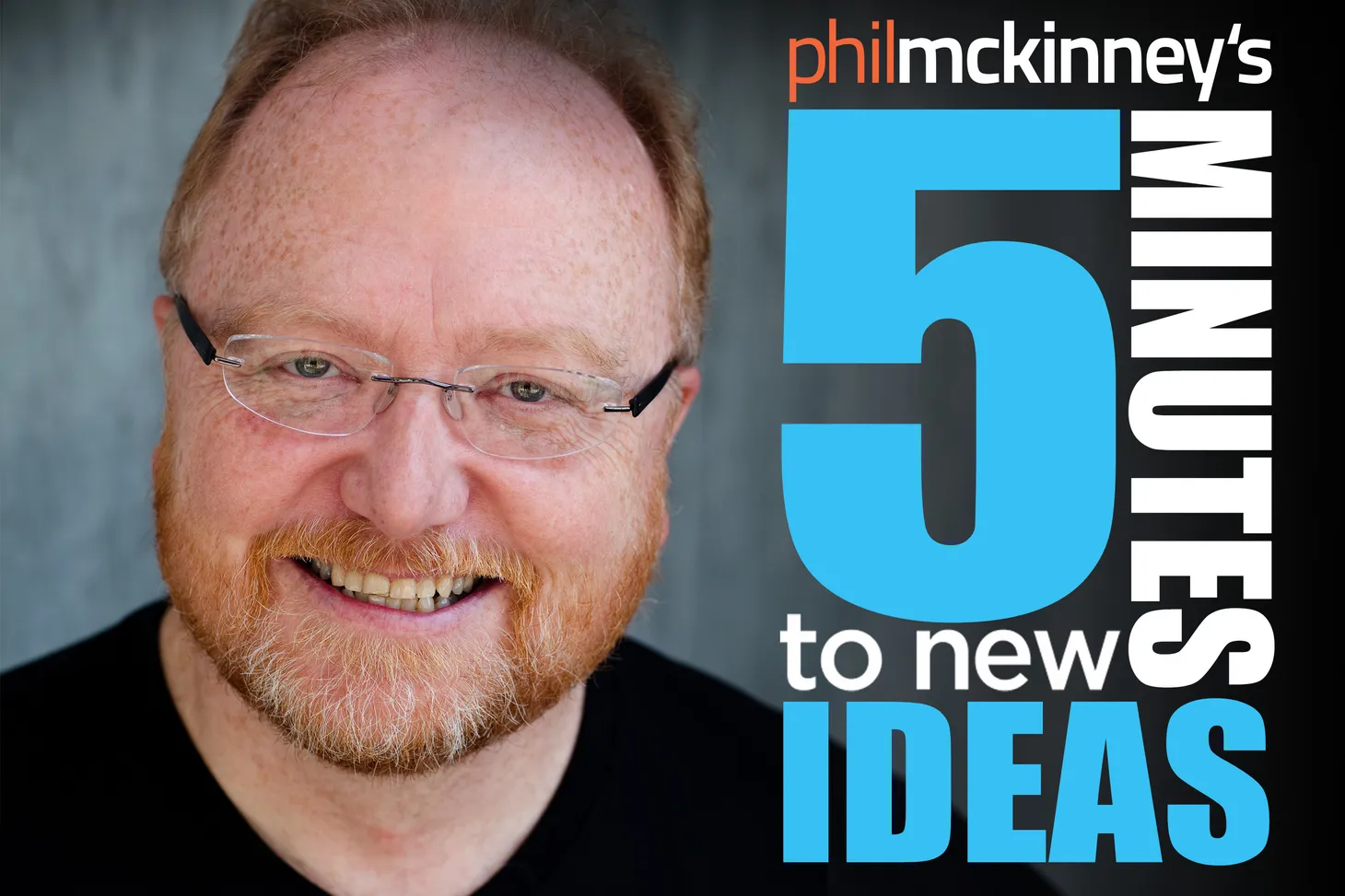Where do we perform research and development
Where do we perform product research and development? Where else could this be done? What is your organization’s philosophy about design and development? Do you keep everything in-house, or do you outsource as needed? There are two schools of thoughts on this. By keeping the design process in-house, a

In What Order Do You Do the R and D Process
In the traditional R&D process, the product is developed and then handed off to the design team to “wrap” it and make it look pretty. The drawback is that this approach is out of date; in the last ten years consumers have become much more design-savvy. Consumers want

Focus Your Search For Better Ideas
The first stage of FIRE, Focus, is about doing a thorough but organized search, so you don’t inadvertently ignore a critical area of discovery. Successful innovation is the translation of better ideas into something, such as a product, that is real. If you are focused in your approach, you will be a

What emotional psychological or status benefit could people derive from my product
What emotional, psychological, or status benefits could people derive from using my product? Do you have diamonds stashed away that you reckon you can sell if times ever get tough? Say, a family heirloom, or an engagement ring from a failed marriage? Perhaps you know how much the diamond was

What Are The Rules And Assumptions Under Which You Organization And Industry Operates?
To uncover the assumptions that could be blocking you from seeing the challenges and opportunities, here are two questions that are designed to help you discover the rules and assumptions under which your organization and industry operates. I want you to use them to start unraveling the assumptions

What is the process used by my customer to discover my product
Do you have a digital twin? The concept first formed on consumer sites like Yelp, but it’s becoming a catchphrase in marketing and sales. The idea is that dedicated users of sites like Yelp eventually notice that there are other users whose tastes, interests, and “favorites” match their own.

The New Economy
I firmly believe that we are in the early stages of a new economy, one where the most valuable talent you can bring to the table is being an “idea person.” Knowledge is quickly becoming a commodity (think of the thousands of highly capable educational institutions springing up in India, China, and o

Who am I not selling to because I think they can’t or won’t pay for my product?
Who am I not selling to because I think they can’t or won’t pay for my product? Price is king, right? “Build ’em cheap and stack ’em high” is practically the motto of most segments of the tech industry Naturally, there are some notable exceptions for companies producing

The History Of The Killer Questions
I started writing the Killer Questions when I was in my short-lived “retirement” early in 2001. As I relaxed in the Virginian countryside, my mind started to flash back to various experiences I’d had during my working life. Over the course of the preceding twenty years I’d seen dozens of highly inno



